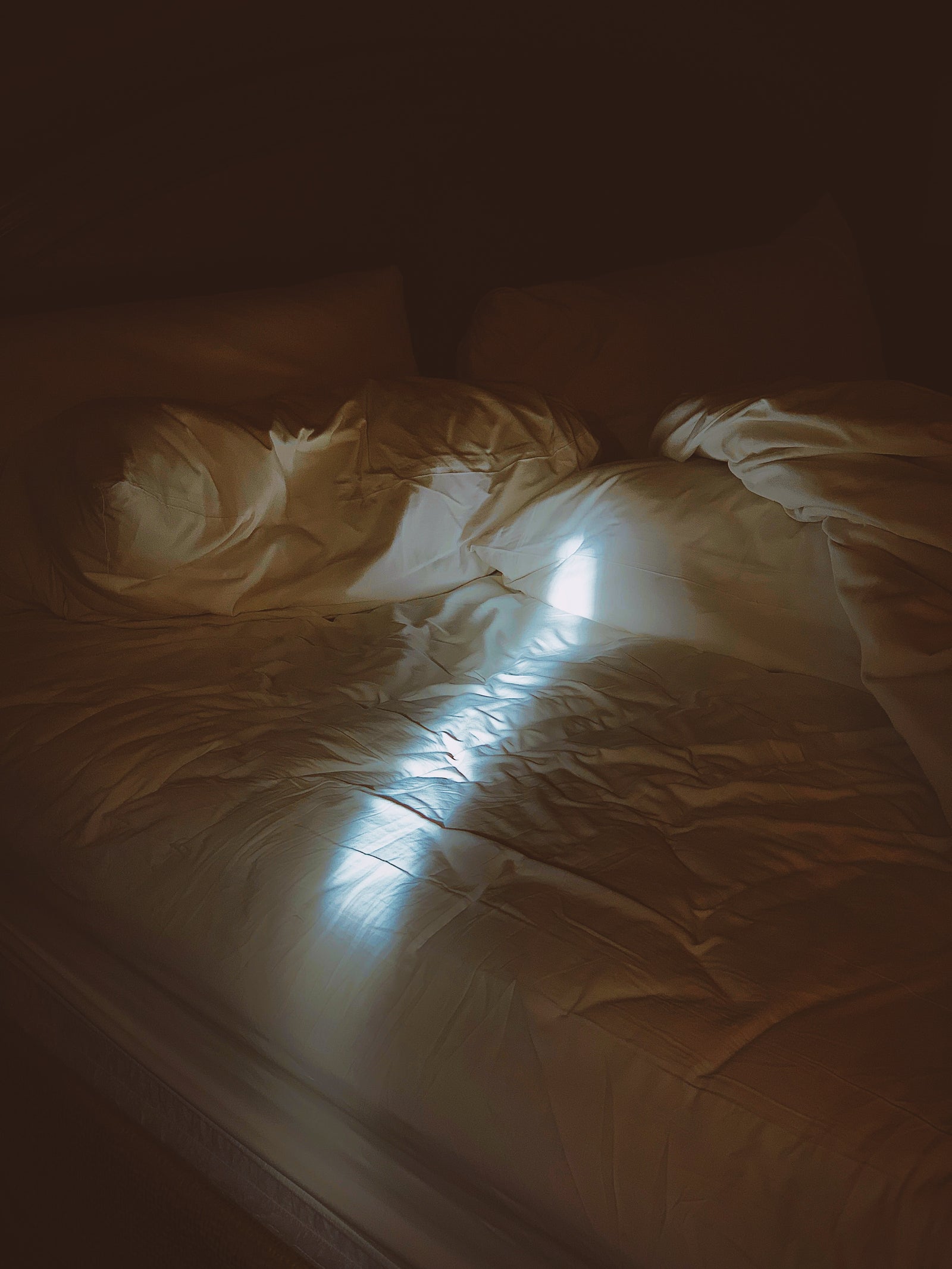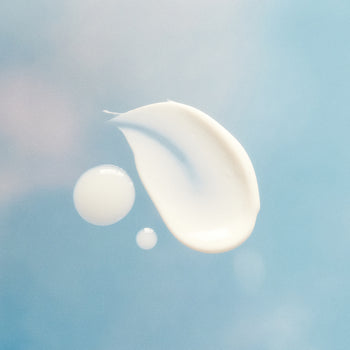
Do You Need Skincare, or a Nap?
There are many schools of thought when it comes to the "perfect" skincare routine. From 12 steps to one step, with skincare there are infinite approaches. That being said, what many routines forget to mention is that you before reaching for a product, you should check-in with your habits.
Before you start auditing your skincare routine, audit your lifestyle. Yes, eating healthy is an obvious one. Exercise is generally good for us and our souls. But what about sleep and how it impacts skin? Can balanced sleep dramatically improve it?
Cell repair and growth factors thrive when you're sleeping
Sleep helps you feel better which reflects how you feel about yourself, this is obvious. On a molecular level, sleeping does more than just boost your mood. When you sleep, certain parts of your body wake up. One important function is your pituitary gland's production of growth hormones. While it does release them during the day, you release more at night. Growth hormones are important as they repair and develop new cells.
In conjunction with more growth hormones, your thyroid, and the cortisol it produces, goes to sleep with you. Growth factors contribute to collagen production and skin-cell production ultimately leading to recovery, repair and growth which are key functions in healthy skin. As your skin goes through daily mini traumas and age, you need to repair inflammation, wounds or damage to cells. Sleep deprivation impairs that process.
Have dry skin? Sleep deprivation can worsen it
You've probably heard of stress causing disruptions in your skin's barrier function, same goes for sleep. Your barrier function is the natural balance of oil, water and acids on your skin's surface. An optimal barrier means your skin feels soft, slightly moist and generally is comfortable. The point of skin is to maintain the water in your skin reducing trans epidermal water loss. When you're stressed, this function breaks down as your body isn't able to repair itself as well and the hormones and inflammation released causes cell damage. Lack of sleep leads to the same process.
Excess cortisol isn't good for any function of your body
When you don't sleep enough, your body has more cortisol. Sleep is a natural de-stressor meaning you normalize and reduce cortisol levels. Skipping shut eye stops that. In chronically disrupting your sleep rhythms, you boost cortisol leading to impairment with healthy skin functions.
Your defense system isn't OK with it
Cell production speeds up at night. In addition to the aforementioned growth hormones, your body is also creating protective antioxidants. Antioxidants protect your body by soaking up free-radicals that disrupt healthy cells. UV exposure is one of the main creators of free-radicals. While you can eat anti-oxidants via a healthy diet and supplements, sleep is equally important. Skipping sleep leads to less antioxidants which leads to more longterm damage with skin.
Eye creams can provide temporary relief but diet, sleep and genetics have a larger impact
If you have dark circles genetically, i.e. it runs in your family, you're going to be pressed to find a product that works to combat genetics. If you find that product, let us know. What eye creams can do is formulate with the same ingredients that are used for your face and take into account the delicate and sensitive nature of your skin. Ingredients like Vitamin A (retinol), Vitamin C, certain peptides and yes, caffeine will reduce redness and puffiness temporarily. Eye creams that have pigments can also cosmetically brighten under your eyes. That being said, using these products, without addressing your habits, isn't going to have dramatic effects. Lastly, using cooling compresses and moisturizing and hydrating ingredients helps protect the skin and keep it happy.
Sleep is critical to your skin, and your eyes. In one study from Sweden, sleep deprivation showed redder, more swollen eyes, dark circles and generally less healthy skin than when well rested. File this under "water is wet" studies; we all know what we look like after pulling an all nighter. Needless to say if you're finding abnormalities in your skin, or you feel like your skin is a little lackluster, before reaching for serums just try getting a few nights of solid rest, 7-9 hours if possible.
x Team Dieux







